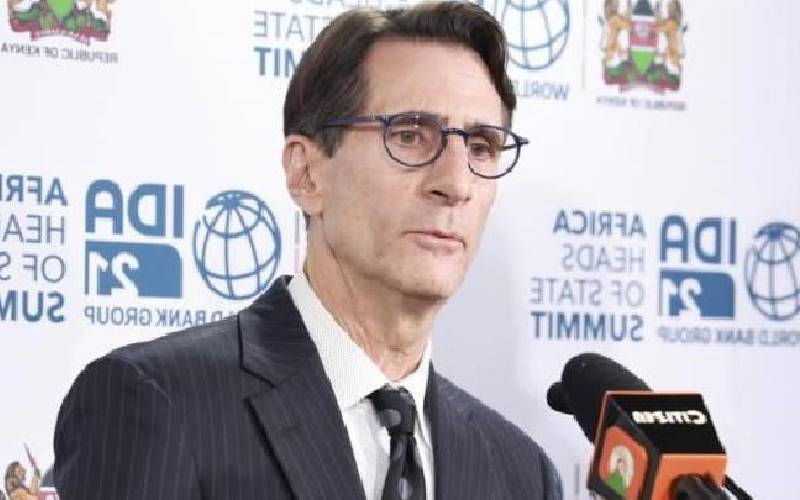×
The Standard e-Paper
Join Thousands of Readers

Kenya is eyeing the injection of $1.2 billion (Sh160 billion) in cheap loans from the World Bank.
If approved, the money could support the shilling in the coming months from a drastic slide when the government makes the biannual repayment of loans taken to construct the Standard Gauge Railway (SGR) from China this July as well as the final payment for the 2014 Eurobond in June, which was partially offset in February this year.